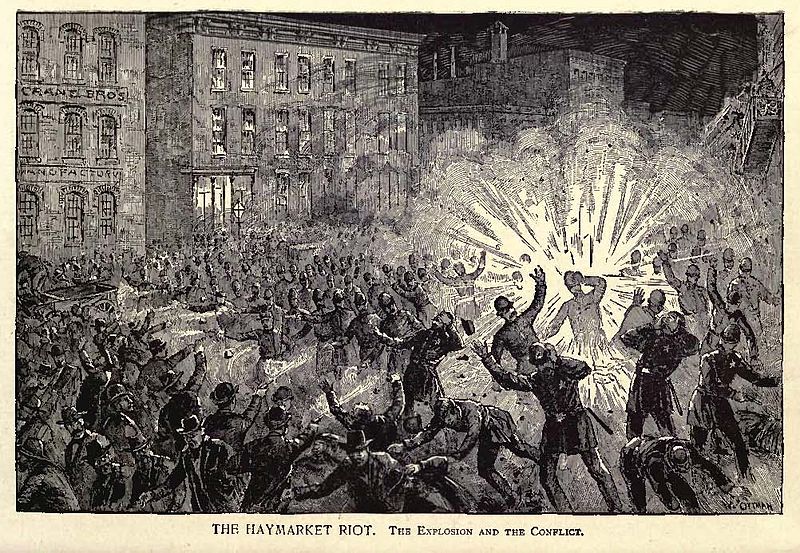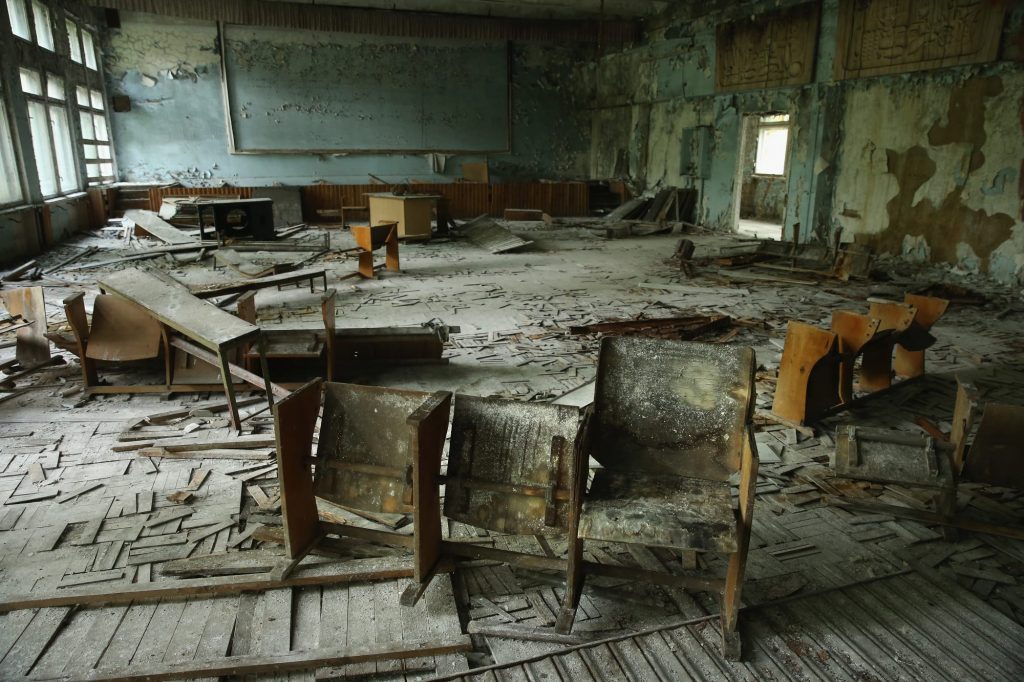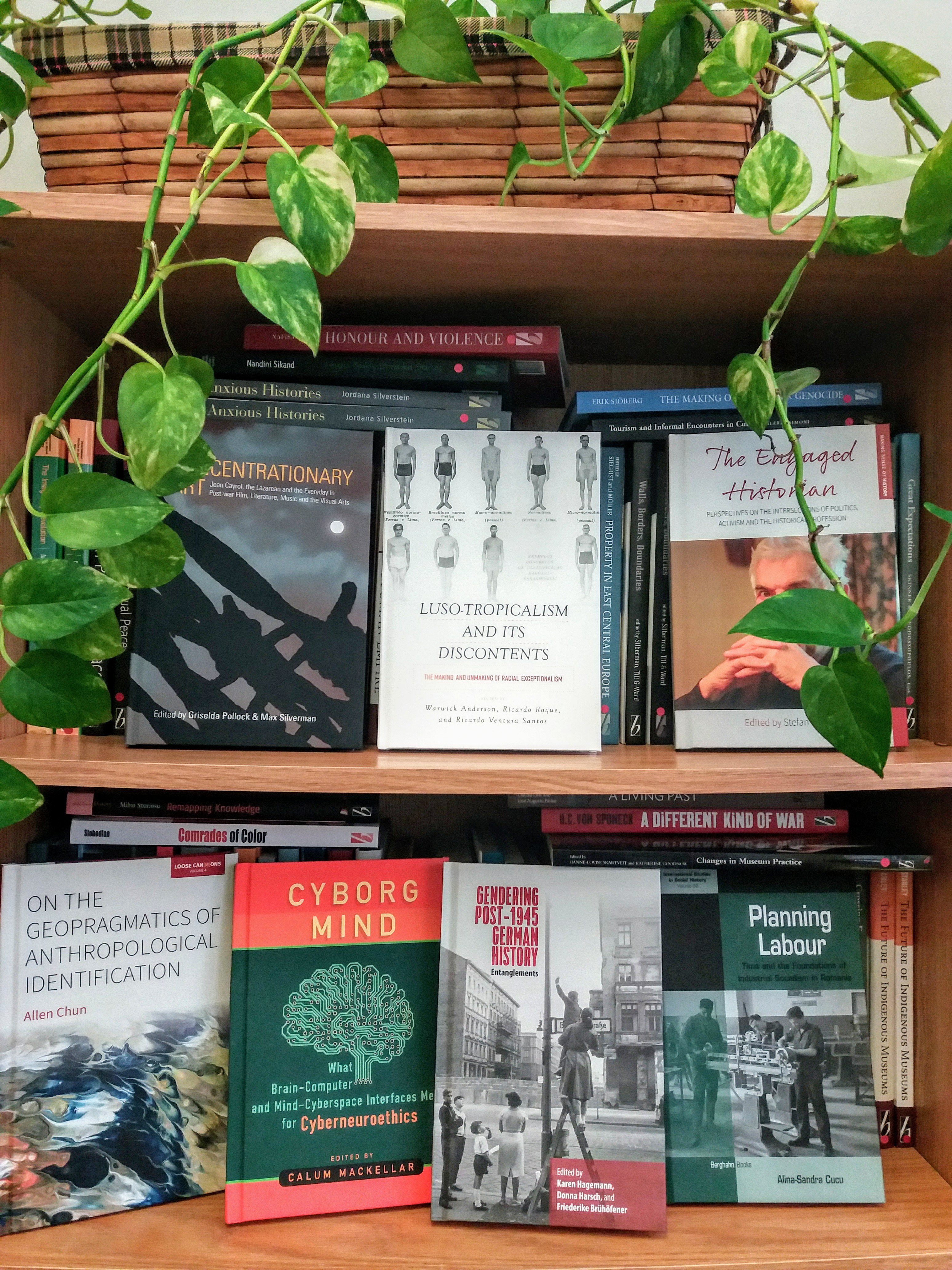
May 25th is National Wine Day! In celebration, Berghahn would like to spotlight our relevant books and journal articles.
Continue reading “Celebrating National Wine Day”

May 25th is National Wine Day! In celebration, Berghahn would like to spotlight our relevant books and journal articles.
Continue reading “Celebrating National Wine Day”In the early morning hours of April 26, 1986 there was a nuclear accident at one of the reactors in the Chernobyl Nuclear Power Plant, located near the city of Pripyat, in the north of the Ukrainian SSR in the Soviet Union, creating what many consider to be the worst disaster in the history of nuclear power generation. The accident caused the largest uncontrolled radioactive release into the environment ever recorded. Even after so many years of scientific research and investigations the questions about Chernobyl’s long-term health effects to the general population and environmental impact remain unanswered. To learn more please visit https://world-nuclear.org/
Continue reading “Remembering the Chernobyl Disaster”
May Day, also called International Workers’ Day, is observed in many countries on May 1. It commemorates the historic struggles and gains of worker and labor movements worldwide.


Julie Patricia Johnson is an associate researcher at the University of Melbourne. She is the author of The Candle and the Guillotine: Revolution and Justice in Lyon, 1789–93, published by Berghahn Books. She has presented her research at international conferences and has published work in journals such as French History and Lilith: A Feminist History Journal.
Continue reading “An Interview with Julie Patricia Johnson”
The German Historical Institute London (GHIL), the International History Department of the London School of Economics and Political Science (LSE), and the Gerda Henkel Foundation in Düsseldorf have appointed Berghahn author Ulrich Herbert to the position of Gerda Henkel Visiting Professor 2019/20. He will give his inaugural lecture on December 10th, 2019 at the German Historical Institute (see the GHIL website for more information).
Continue reading “Author news: Ulrich Herbert is Gerda Henkel Visiting Professor 2019/20”


Continue reading “SIMULATED SHELVES: BROWSE April 2019 NEW BOOKS & JOURNALS”

Continue reading “SIMULATED SHELVES: BROWSE March 2019 NEW BOOKS & JOURNALS”